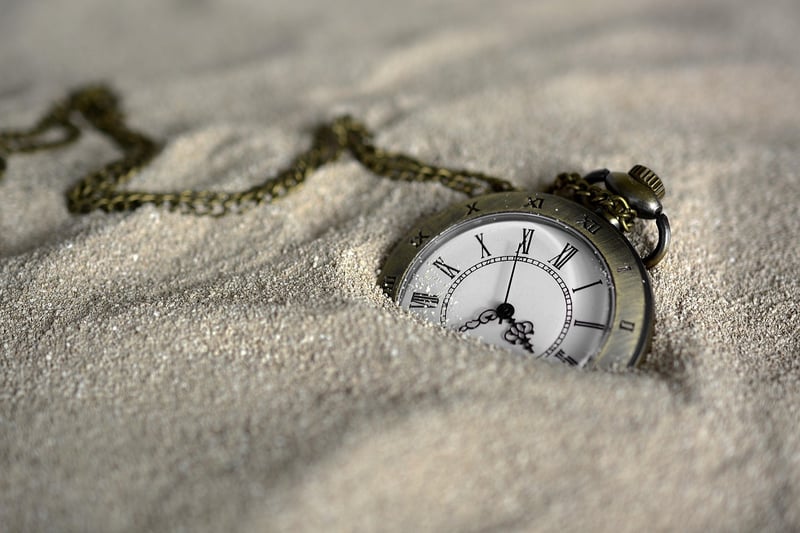Time Loop Insights
Navigating Time Jumps and Time Loop Insights
Understanding Time Jumps
Time jumps in storytelling are a narrative device where the sequence of events is disrupted by moving forward or backward in time. It adds complexity and intrigue to a storyline, allowing for a deeper exploration of characters and plot development.
How to Navigate Time Jumps Successfully:
- Establish Clear Signifiers: Use visual or auditory cues to indicate a shift in time.
- Maintain Consistency: Ensure that the timeline remains coherent and understandable for the audience.
- Reveal Information Strategically: Use time jumps to reveal crucial information at key moments.
- Create Emotional Impact: Utilize time jumps to evoke emotions and create suspense.

Insights into Time Loops
A time loop is a phenomenon where a specific period of time repeats continuously. This concept has been popularized in various movies and TV shows, offering unique perspectives on cause and effect, destiny, and free will.
Key Aspects of Time Loops:
- Cyclical Nature: Events repeat in a loop, often with variations based on characters' actions.
- Character Growth: Protagonists have the opportunity to learn, grow, and make different choices within the loop.
- Existential Themes: Time loops explore themes of fate, choice, and the nature of reality.

Popular Time Loop Stories:
Some well-known examples of time loop narratives include Groundhog Day, Edge of Tomorrow, and Russian Doll. These stories offer diverse interpretations of the time loop concept, engaging audiences with their twists and resolutions.
By understanding time jumps and time loops, both creators and audiences can appreciate the intricate storytelling techniques that play with the fabric of time itself.
Explore more about time-related narratives and immerse yourself in the fascinating world of temporal anomalies!
